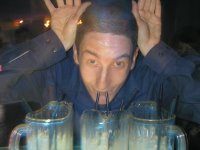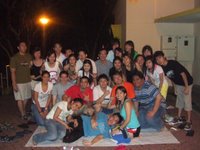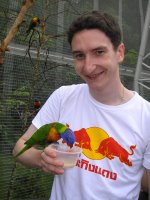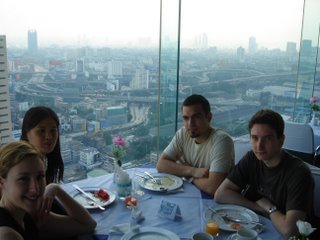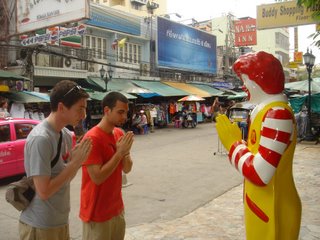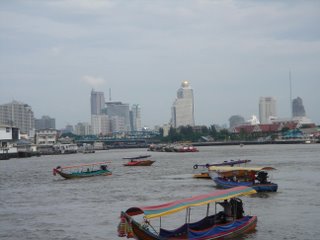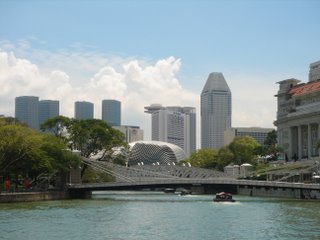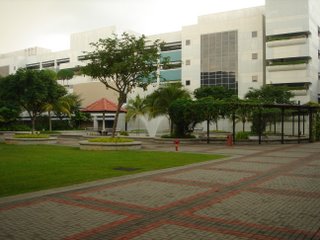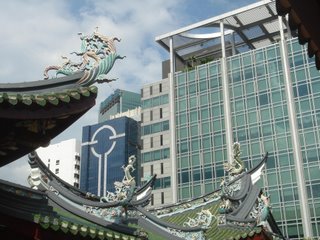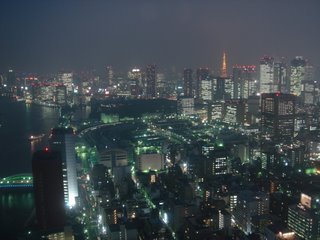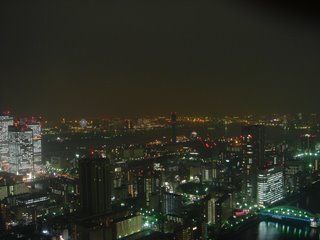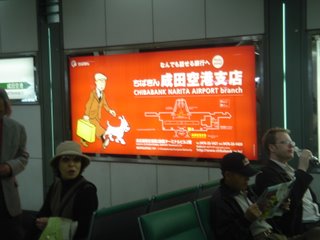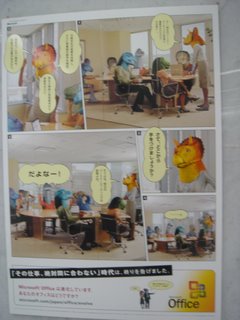Domestic Policy The PAP (People's Action Party) dominates parliament and the government without interruption since 1959. It was created in November 1954 by young Chinese graduates returning from Britain. His first priority is the calving of the colonial system, with support from Communist unions. He won his first electoral success in Singapore in 1959 (43 of 51 seats in Legislative Council), and then maintain it until now dominates the Parliament (with all the seats from 1968 to 1984).
embryonic Opposition remains divided and powerless. She has never held more than two seats in Parliament. If its members can speak at meetings, they were in fact no power to amend, and expressions of political opposition is banned outside the precinct. PAP aims to keep the opposition in the margins: ruinous trial against its officers, voting, benefit programs Real conditioned by the allegiance of voters to the PAP, early elections. The media are strictly monitored and self censoring, while unions have been disciplined since the 60s. In the mid-80s, the government responded to slowing growth in some efforts to improve the consultative nature of the regime, but the fact remains that the decision-making power remains in all areas in the hands of the PAP.
Mr Lee Kuan Yew , current Minister of State (Minister Mentor), Prime Minister 1959-1990, was born September 16, 1923 in Singapore of a family affluent Chinese and has been the architect of his country's economic success. After graduating at Cambridge he became a lawyer in 1951 and started in politics in advising unions on the left. He was elected to Parliament in 1955 under the banner of the PAP, which will be the Secretary General until 1992. Taking advantage of the 1959 elections, Mr Lee Kuan Yew became, at age 36, Prime Minister, and will remain unabated until 1990, in a very authoritarian style. Inheriting an island ruined by the Japanese occupation, without natural resources, depending entirely on its neighbors for its supply it will in less than 30 years one of the largest ports, a prosperous city rooted in the heart of international trade. It now occupies third place in government, is dedicated to international issues and travel a lot. Its longevity, its political success, its depth of view, give it a stature well respected "wise man of Asia".
Parliament , unicameral, comprises 93 members. Eighty-three members are elected for 5 years is elected in a round in 9 districts and party list (4-6 seats) in 14 others. Topping the list wins all seats, and each list must contain at least one candidate from the minority (Indian or Malay). The remaining ten seats, called "off-riding", are assigned to one opposition candidate who obtained the highest score, the other nine, for 2 years, eminent personalities from the "civil society".
Prime Minister is the Chief Executive. Mr Goh Chok Tong, in place since 1990, left office in August 2004 to Mr Lee Hsien Long, Deputy Prime Minister and son of Mr Lee Kuan Yew. Access to government functions is very streamlined, and marked by professionalism. Holders occupy first positions of second minister or secretary of state, before accessing the full ministerial duties. The President of the Republic , elected for 6 years since 1993, occupies a purely honorary.
The judiciary, independent in principle, is actually controlled by the executive. Capital punishment (by hanging) is in effect and mandatory for certain crimes, including drug trafficking or illegal possession of weapons. With 340 applications between 1991 and 2000, Singapore has one of the highest rates of executions Official per capita in the world.
source: France diplomacy
Censorship Although a democracy, Singapore remains an authoritarian country where dissent against the government in place is prohibited. The video available on the following site is a report censored by the government. It traces the actions of an opponent of the PAP, the politician Chee Soon Juan, and the pressures to which it was submitted. He was imprisoned twice for fighting against the regime in place in the city state. The censors declared it "a film of party politics," and was withdrawn in April 2005 Film Festival Singapore International after the director was threatened two years imprisonment if the film was screened. Directed by Martyn See, "Singapore Rebel " was selected in several film festivals for Human Rights. Martyn See is now under police investigation by the Singaporean police for the "making of" Singapore Rebel .
source:
Singabloodypore
